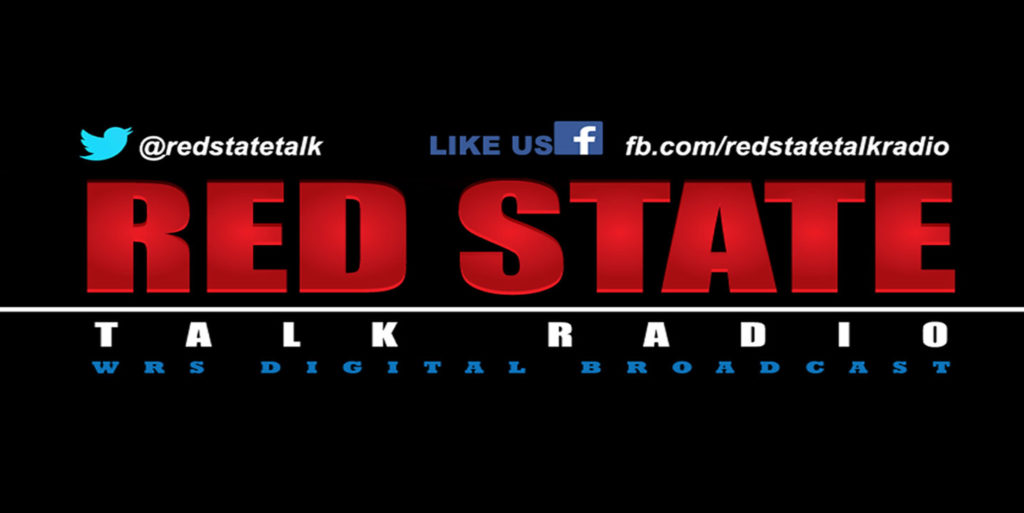This article was originally published by Radio Free Asia and is reprinted with permission.
An overwhelming majority of Americans hold negative views about China and think Beijing’s ties with Moscow and tensions over Taiwan are “serious” problems for the United States, a new survey says.
The survey by the Pew Research Center found that 83% of Americans hold negative views of China, up from the 47% in 2017. At that time, 44% of Americans had positive views of China – but now only 14% do.
Older Americans are the most likely to say they have negative views of America’s main geopolitical rival, with 60% of those aged over 65 and 53% of those aged between 50 and 64 having “very negative” views.
That compares to the 29% of Americans in the 18-29 age bracket and 37% aged 30-49 who hold “very negative” views. Those Americans are more likely to hold “somewhat negative” views (at 45% and 43%).
Among all respondents, 90% say China’s ties with Russia present a “serious” problem for the United States, while 84% say the same about tensions over Taiwan and 83% about China’s human rights policies.
“Concern about tensions in China’s relationship with Taiwan has also intensified, with a record high share of Americans saying cross-strait tensions are a very serious problem (47%),” the Pew report says.
“Such worries about a strained relationship between China and Taiwan are more common among Americans with a favorable view of Taiwan, as well as Republicans and those ages 65 and older.”
Bipartisanship
Despite the growing bipartisan consensus on China in the U.S. Congress, there is a partisan divide amongst regular citizens, according to the Pew survey: 58% of Republicans have a “very negative” view of China, compared to 34% of Democrats.
But large majorities of all voters hold at least “somewhat” negative views of China – 89% of Republicans and 81% of Democrats.
“Where the parties differ most tends to be the intensity of the sentiment,” the Pew survey report says. “And in terms of ideology, conservative Republicans are often particularly negative toward China, even relative to more moderate and liberal Republicans.”
“Democrats and independents who lean toward the Democratic Party, for example, tend to be much more amenable to working with China on all key issues mentioned than Republicans or GOP leaners.”
Enemy or competitor?
After a year of heightened U.S.-China tensions, including former House Speaker Nancy Pelosi’s trip to Taiwan in August, the spy balloon fracas in August and this month’s trip to the United States by Taiwanese President Tsai Ing-wen, Americans’ understanding of their country’s relationship with Beijing has also dramatically hardened.
Americans are 10 percentage points less likely than a year ago to describe China as a “competitor” rather than as an “enemy” or “partner.” That’s still the majority view, at 52%. However, the share who say China is an “enemy” has jumped from 25% to 38%.
That has been driven most by Republicans, a slim majority (53%) of whom now describe China as an “enemy” – up 11 percentage points in a year, and now ahead of the 41% who prefer the term “competitor.”
But there has also been growth among Democrats who see China as an enemy. That share has grown 12% to 27%, even if a clear majority of Democrats (62%) say the term “competitor” is more apt.
Only 6% of Americans consider China to be a partner, Pew says.






